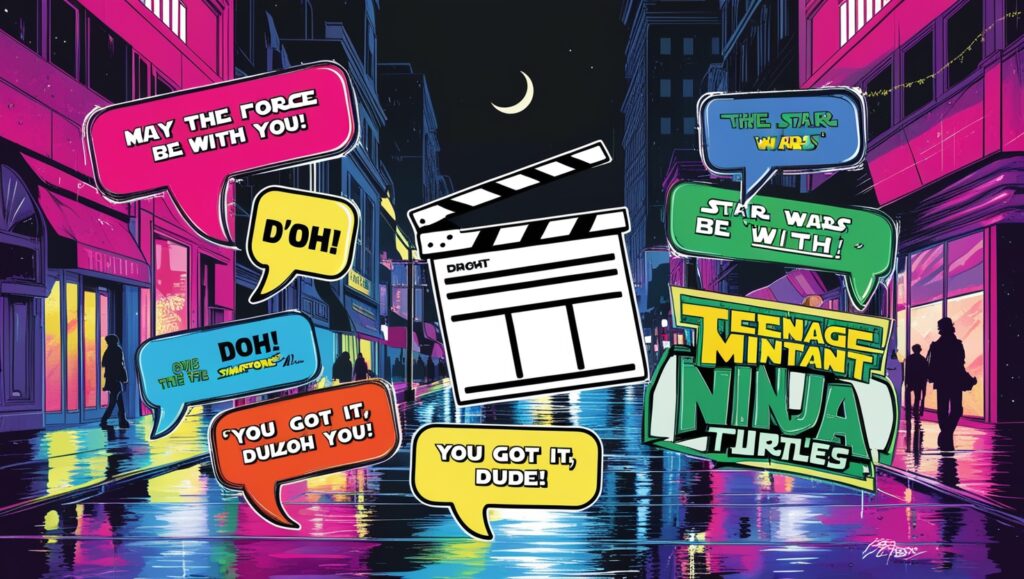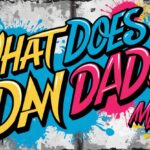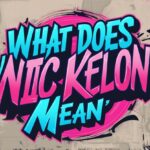Slang has always been a vibrant part of pop culture, especially in movies and https://www.udemy.com/course/english-slang-in-movies-and-tv-shows/?srsltid=AfmBOoomPg2I7U02ZvGcXItdQVU7q8zD7vvK4WrVs412psLCUneJJssj TV shows. It reflects the way people communicate, shaping trends and mirroring societal changes.
Let’s explore how slang enriches these mediums and impacts us emotionally and creatively.
The Role of Slang in Movies 🎥
Movies serve as a time capsule, capturing the slang of their era. From the groovy vibes of the 70s to the internet slang of today, film dialogue often reflects what’s current.
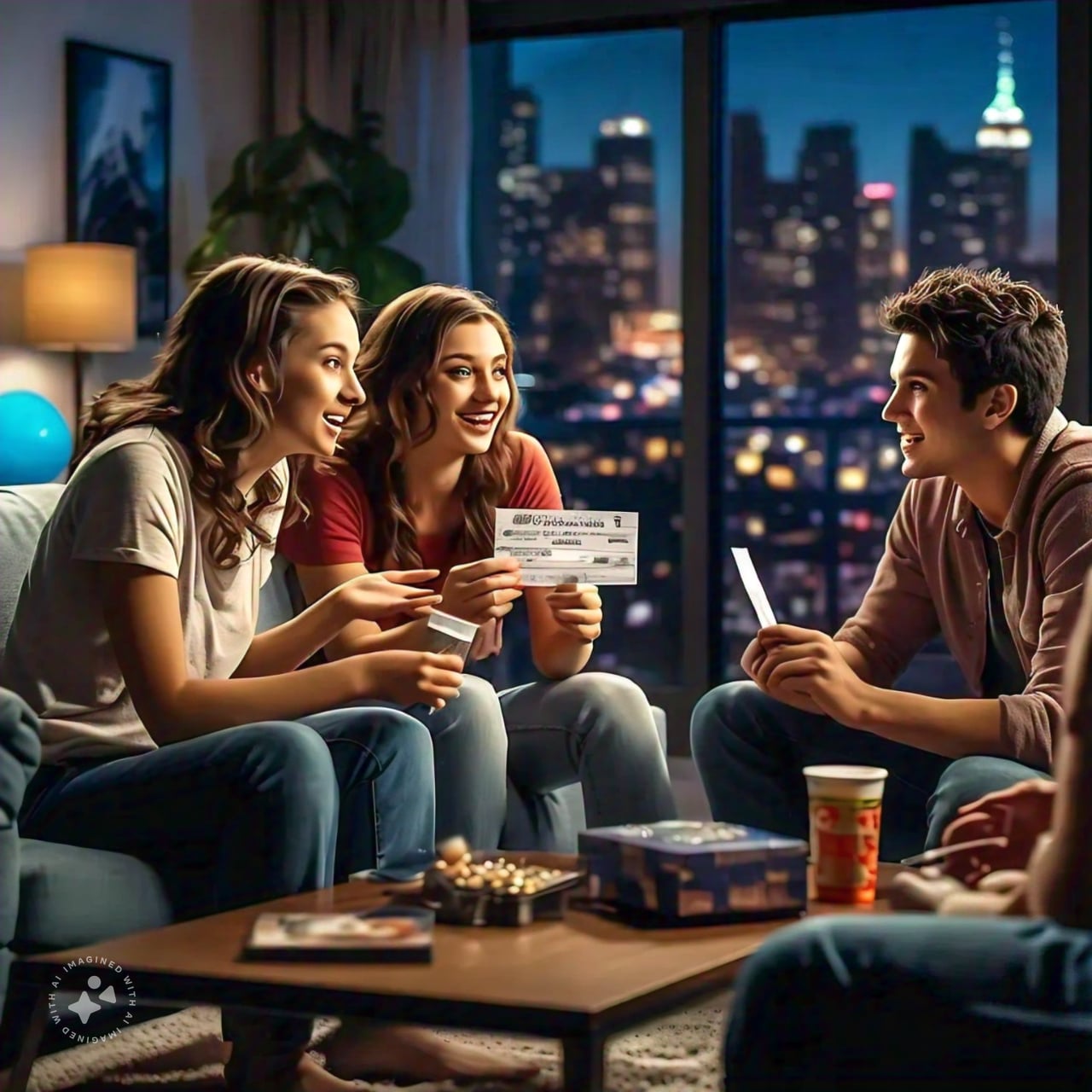
How It Shapes Characters
Slang helps define a character’s identity. For instance:
- Youthful Rebellion: Words like dude or whatever highlight carefree or defiant characters.
- Cultural Depth: Regional slang adds authenticity, such as Southern drawls in Fried Green Tomatoes or street slang in Boyz n the Hood.
Memorable Movie Slang
Some iconic phrases enter everyday language:
- “May the Force be with you” (Star Wars): A mix of futuristic and motivational vibes.
- “Fetch isn’t going to happen” (Mean Girls): A playful commentary on failed trends.
TV Shows: A Playground for Evolving Slang 📺
Television has the unique ability to evolve slang over time. With multiple seasons, shows can adapt their dialogue to mirror society’s changing lingo.

Creating a Community
Certain TV shows build slang-heavy universes:
- Sitcoms and Catchphrases: Friends popularized phrases like “We were on a break!” or The Simpsons with “D’oh!”
- Youth-Centric Dramas: Shows like Euphoria or Skins dive into Gen Z’s evolving slang to depict realistic teenage experiences.
Internet-Inspired Lingo
In the age of memes and viral trends, shows increasingly borrow from online culture. Terms like yeet or simp make their way into TV scripts, bridging the gap between digital and screen worlds.
Emotional Impact of Slang in Media ❤️
Slang connects us. Hearing familiar expressions in media sparks joy, nostalgia, or even introspection. A single phrase can evoke:
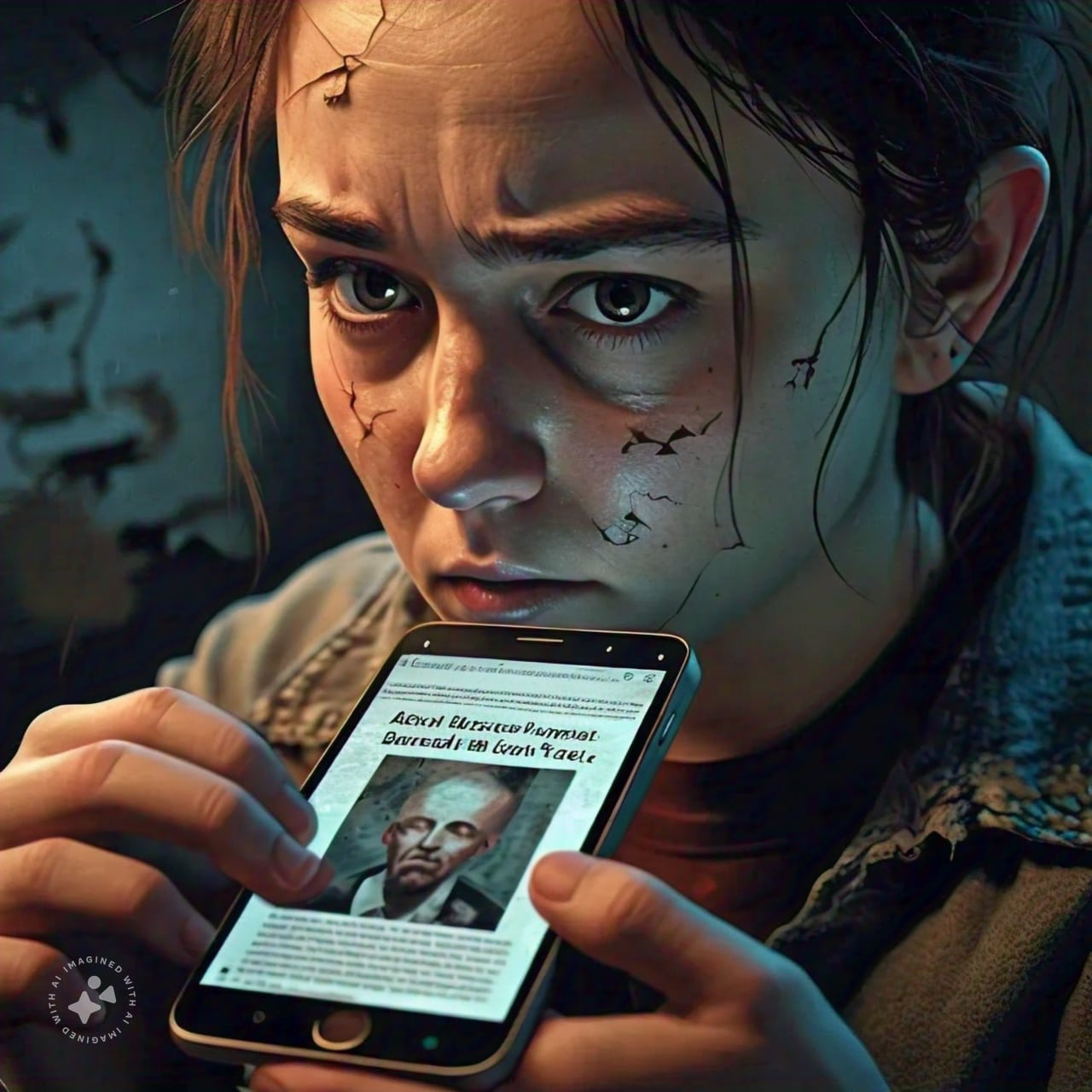
- Laughter: Comedy thrives on slang’s playful nature, like Brooklyn Nine-Nine’s “Noice!”
- Empathy: Dramas often use relatable slang to ground heavy themes in reality.
- Belonging: Fans bond over shared quotes or jargon from their favorite shows.
Why Slang Matters in Movies and TV 🌟
Slang is more than trendy language—it’s an artistic tool. It:

- Builds Immersion: Authentic slang makes worlds believable, from fantasy realms to gritty urban settings.
- Bridges Generations: Classic shows preserve the slang of their time, teaching younger audiences about cultural evolution.
- Drives Innovation: Writers often coin new terms that redefine language, sparking creativity in viewers.
The Future of Slang in Media 🚀
As technology and culture continue to evolve, slang will remain a cornerstone of storytelling. Expect movies and TV shows to delve deeper into:
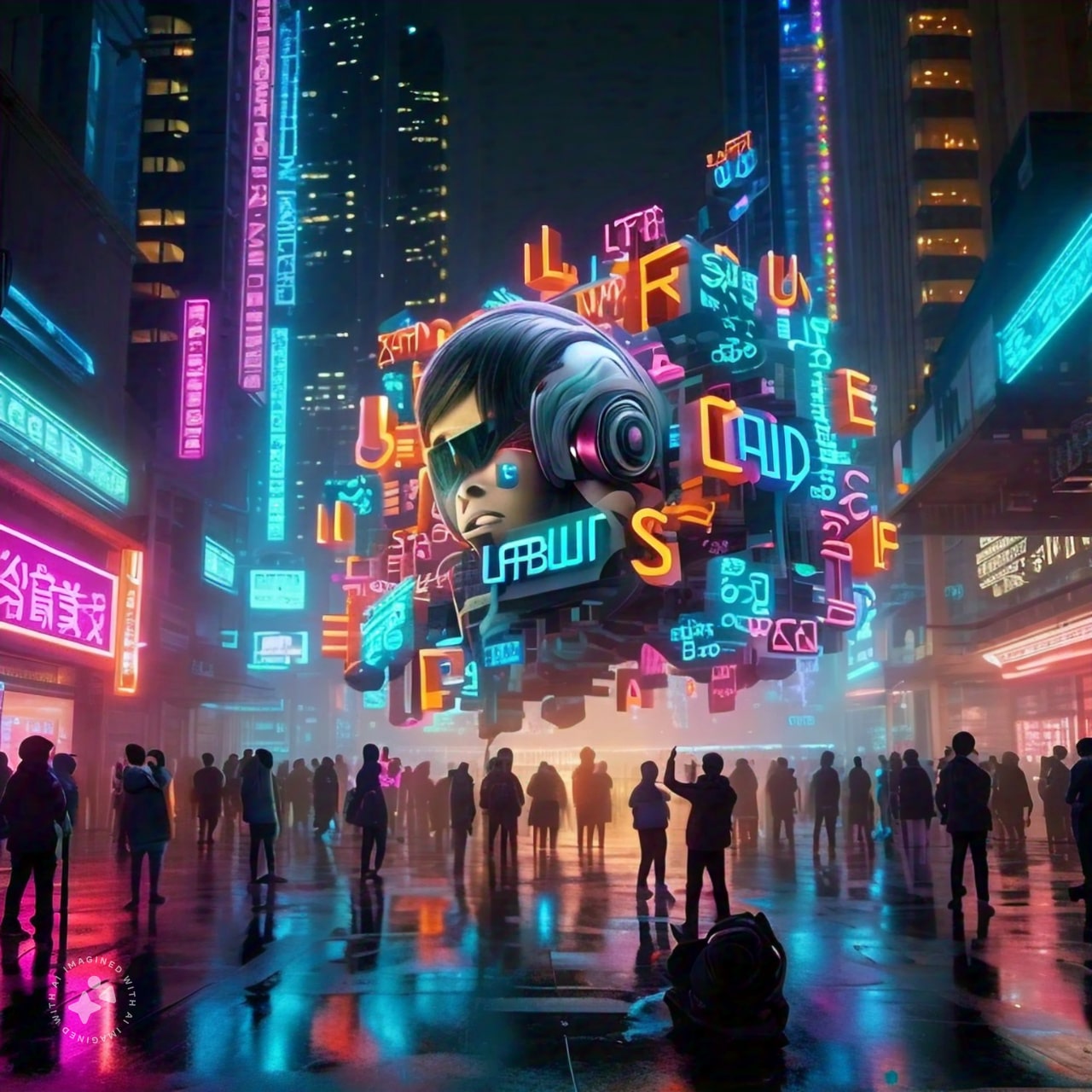
- Virtual Reality Slang: Language inspired by gaming and the metaverse.
- Global Fusion: Shows incorporating multilingual slang to reflect diverse audiences.
Sure! Here’s more on the fascinating connection between slang and the world of movies and TV shows:
Slang as a Cultural Reflection 🌍
Movies and TV shows are often mirrors to the culture in which they are created. Slang captures the essence of time periods, social movements, and even political climates.
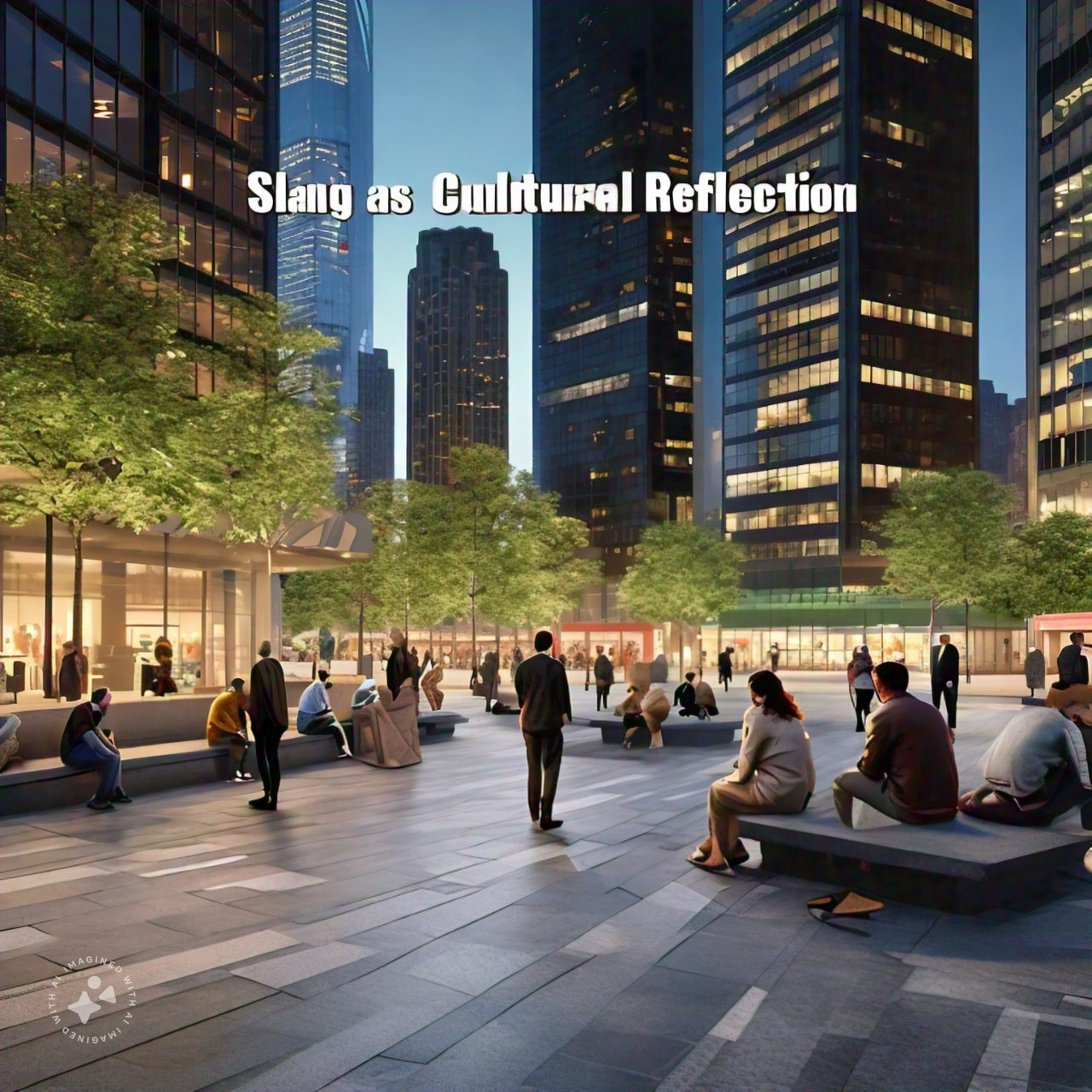
Capturing the Zeitgeist
Slang in films and TV shows often marks an era. Think back to the 90s:
- (Clueless) defined a generation.
- “Talk to the hand” and “Whatever!” (Reality Bites) painted a picture of Gen X’s frustration and disillusionment.
These phrases weren’t just part of a script—they were cultural signifiers, reflecting attitudes and feelings of the time.
Slang: The Gateway to Different Worlds 🌐
Movies and TV shows often use slang to introduce viewers to different social groups or subcultures. Whether it’s a local neighborhood or a completely imagined universe, slang is a key tool to communicate belonging, identity, and difference.
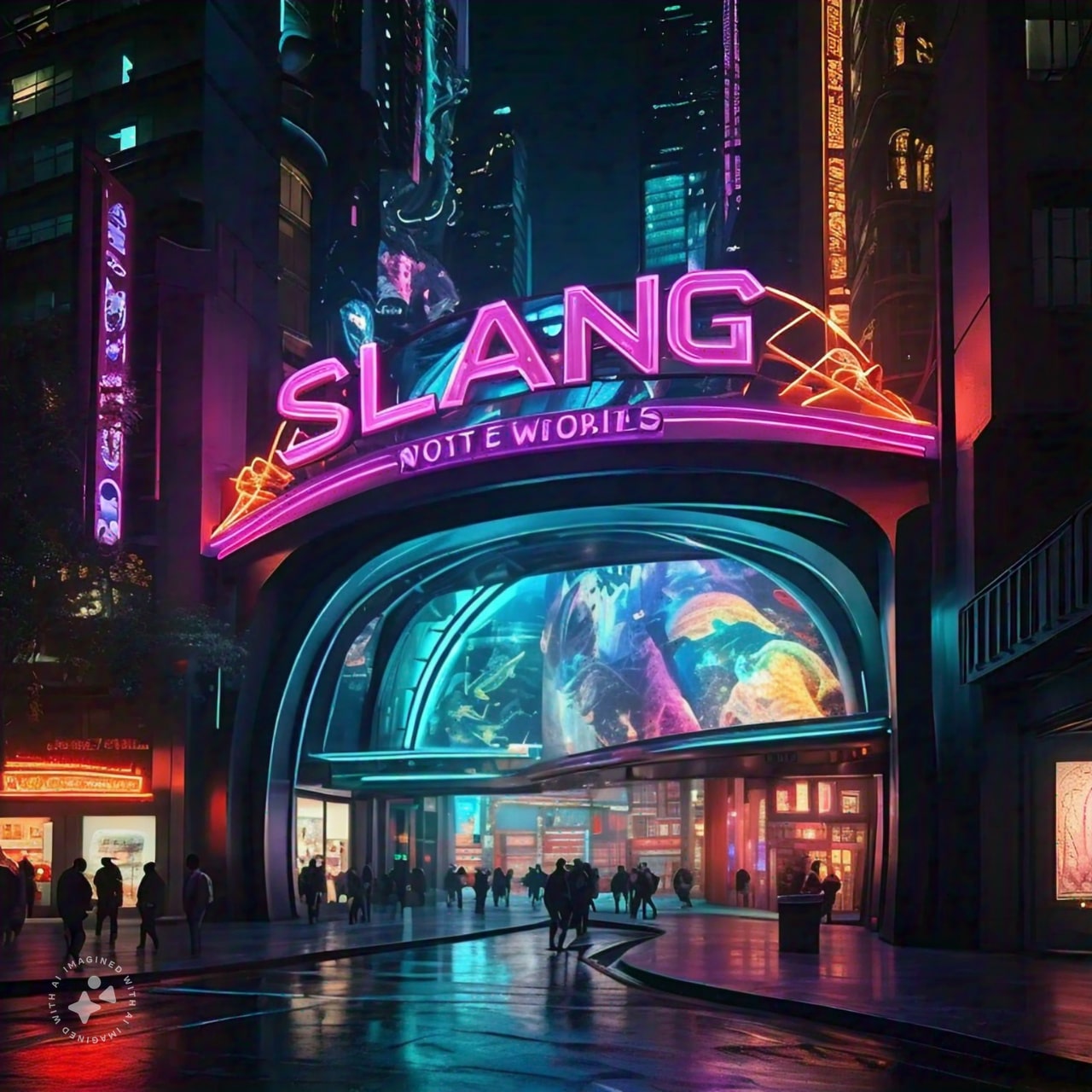
The Power of Regional Slang
Regional slang has the power to transform a film’s setting from a mere backdrop into a living, breathing world. Shows like The Wire and Narcos immerse viewers in the local dialects of Baltimore and Colombia. This regional authenticity:
- Adds layers to character development.
- Makes the story feel grounded in its location.
Slang in Fantasy and Sci-Fi Worlds
Fantasy and sci-fi films and TV shows create entirely new languages and dialects to flesh out otherworldly characters and societies:
- “Klingon” from Star Trek is a full-fledged language, blending made-up slang with unique grammar to build a fascinating alien culture.
- In Game of Thrones, languages like Dothraki and Valyrian are used to give the characters and their world depth.
The use of slang (or invented language) in these contexts is a tool for world-building—making even the most fantastical settings feel tangible and real.
Slang and Comedy: Humor in the Vernacular 😂
Comedy thrives on slang, often using it to create humor from timing, context, or exaggeration. The casual, offhand nature of slang is ideal for comedic writing, where quick wit and sharp delivery are key.
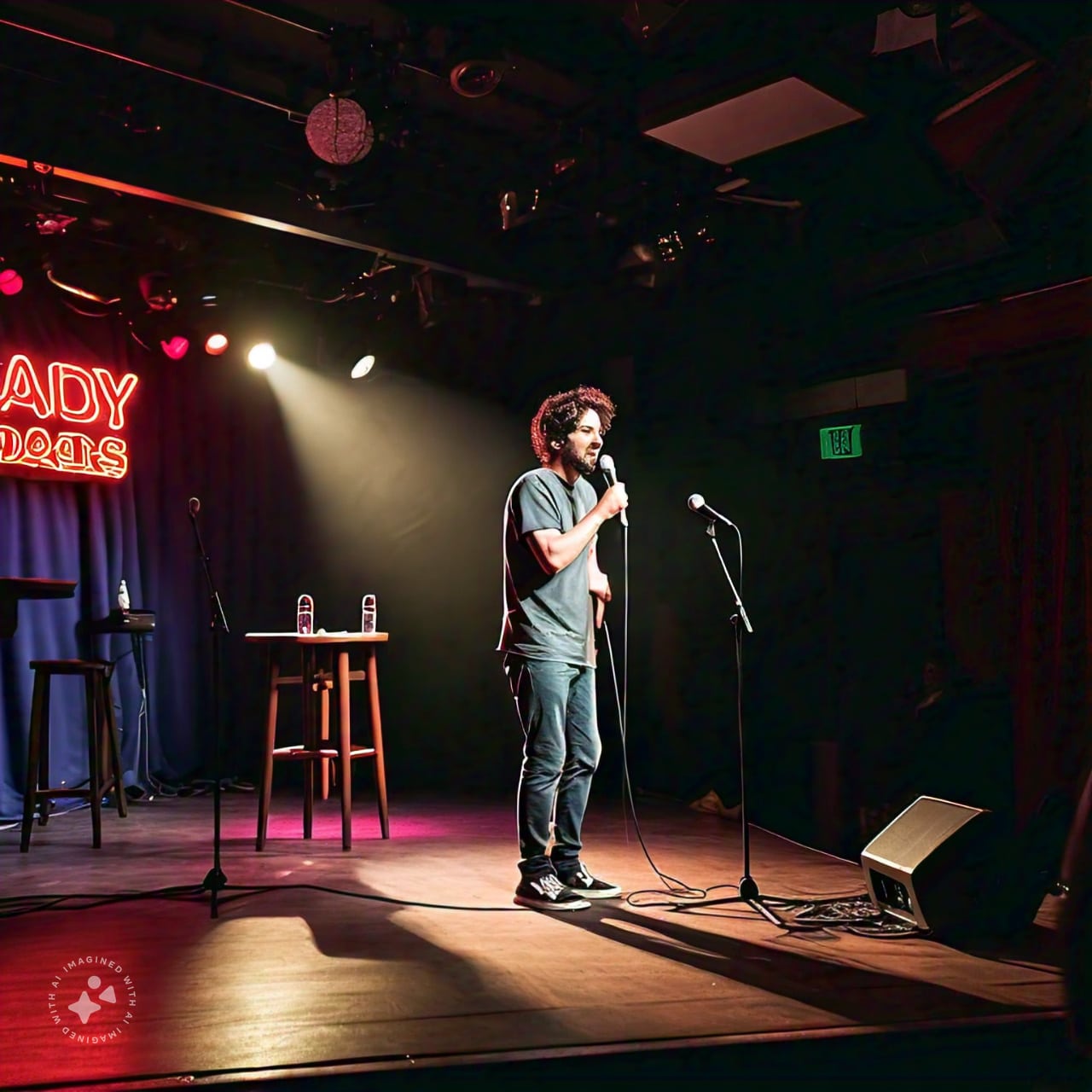
The Quick Wit of Slang in Sitcoms
Shows like Seinfeld and The Office often make use of dry, offbeat slang to highlight characters’ personalities:
- “No soup for you!” (Seinfeld): A simple, abrupt phrase became iconic because of its delivery and context.
- “That’s what she said!” (The Office): A goofy, overused line that reflects the quirky, uncomfortable humor of the show.
In these shows, slang isn’t just for humor—it’s used to define character dynamics and generate chemistry between actors.
Slang’s Impact on Modern-Day Relationships 💑
When it comes to relationships, both romantic and platonic, slang plays a role in building intimacy. Slang isn’t just for characters in movies or TV shows—it’s also how people interact with one another in real life.

Creating Bonds with Slang
In sitcoms, romantic comedies, or teen dramas, the use of shared slang between characters can symbolize:
- A deep connection (like when two people in love have their own private, quirky language).
- Friendship (as seen in Parks and Recreation, where Leslie and Ann’s use of “TREAT YO’ SELF” became a bond between the characters).
Through slang, characters express affection, humor, and sometimes even vulnerability.
Slang and the Globalization of Media 🌍
In an increasingly connected world, slang in movies and TV shows has gone global. The internet, social media, and streaming services have blurred cultural lines, and slang is now crossing borders more than ever.
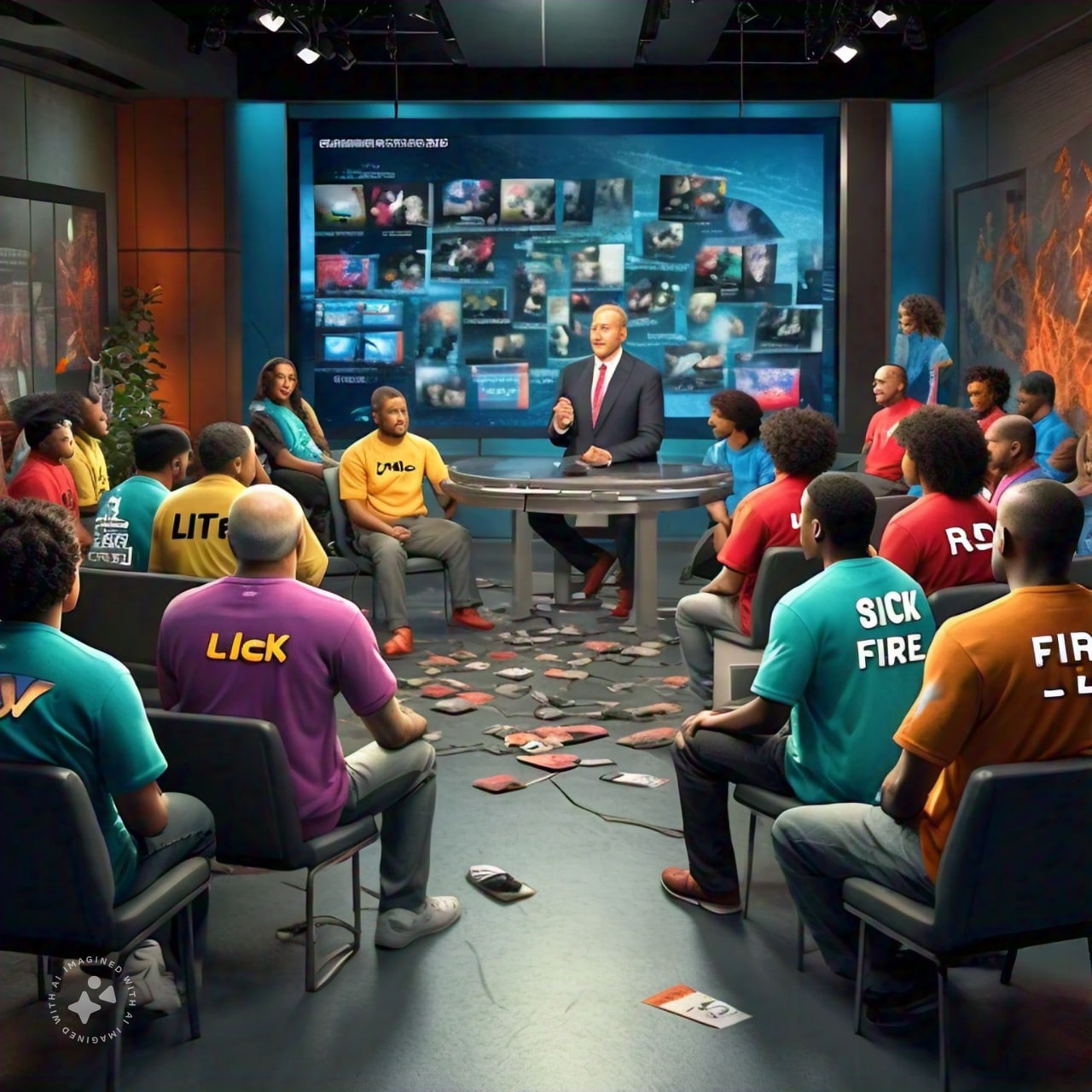
The Rise of Global Slang
Globalization has led to the exchange of slang across countries and cultures. For example:
- “Binge-watching” became popular thanks to the success of Netflix.
- Words like “mood” and “savage” spread quickly through social media and were incorporated into mainstream media, making them familiar even to audiences outside the US.
Shows like Money Heist and Narcos introduce global slang to their English-speaking audiences, sparking a new appreciation for multilingual expressions.
The Enduring Power of Slang 🌟
Slang will continue to be an essential part of the cinematic and TV landscape. As cultures shift and evolve, so will the phrases that define them. Slang is not just words—it’s a reflection of who we are, where we come from, and how we connect with each other.
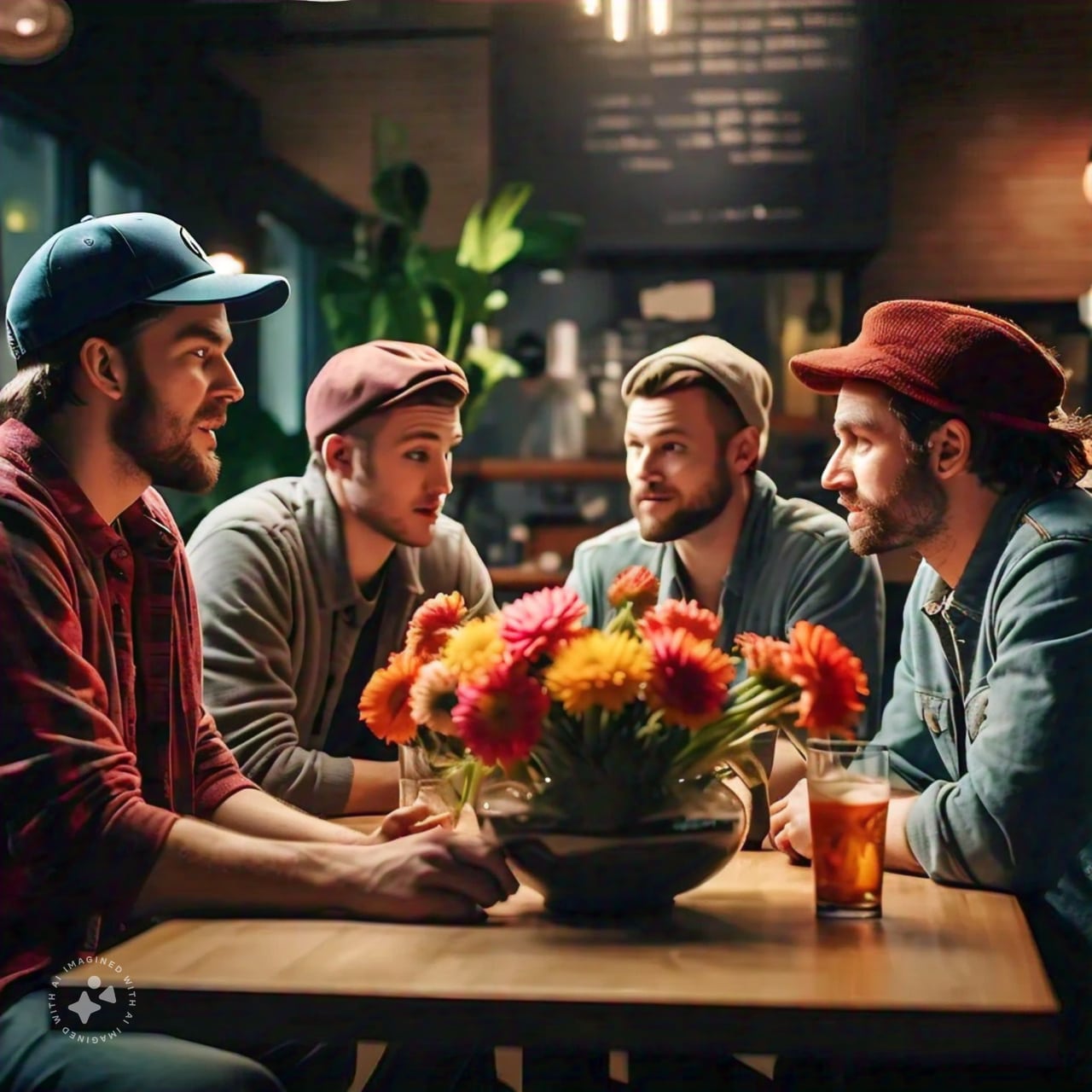
Whether it’s a catchphrase that spreads like wildfire or a quirky expression that makes you laugh every time, slang in movies and TV shows remains an ever-changing, dynamic force in entertainment. As it keeps evolving, it will undoubtedly continue to shape how we communicate—on screen and in real life.
Absolutely! Let’s dive deeper into the fascinating ways slang impacts movies and TV shows. Here’s more on how it shapes the stories, characters, and our own experiences with entertainment.
Slang as a Social Commentary 🎤
Movies and TV shows often use slang not only for entertainment but also as a form of social commentary. Slang can highlight issues of class, race, and social dynamics, making it a powerful tool for filmmakers and writers.
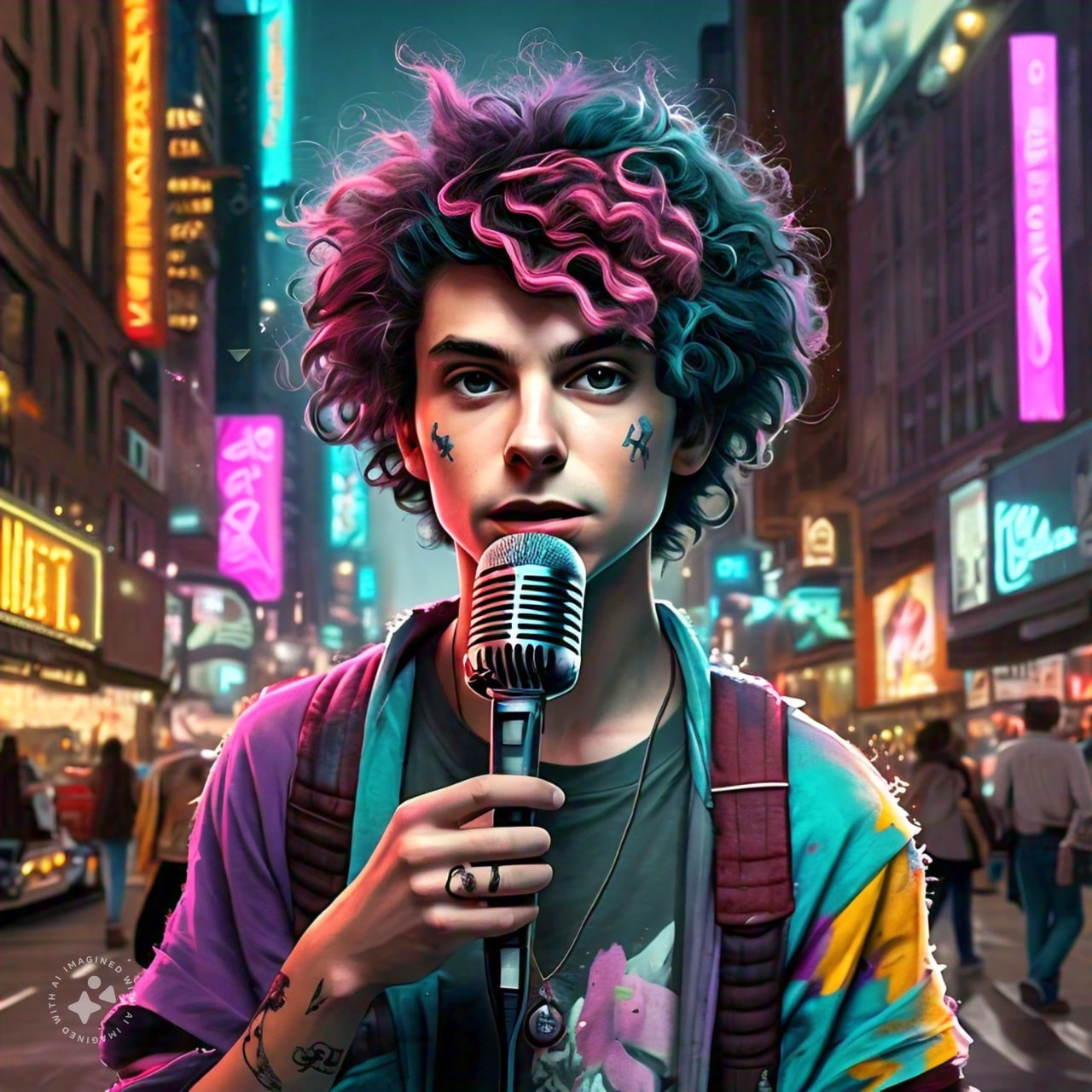
Challenging Social Norms with Slang
In films like The Breakfast Club and TV shows like Degrassi, slang is often used to challenge societal expectations and stereotypes. These expressions become the voice of rebellion or empowerment, offering a subversive edge to the otherwise traditional narratives:
- “Live long and prosper” (Star Trek): A phrase that has become a symbol of peace and unity, but also a statement about tolerance and mutual respect in the face of cultural differences.
- “That’s gangster!” (The Fresh Prince of Bel-Air): A phrase that emerged in the 90s, used ironically to refer to something impressive or cool, while subtly challenging perceptions of what it meant to be “cool” or “successful.”
What’s Your Favorite Slang Moment in a Movie or Show? 🎤
We’ve explored how slang has transformed the way we experience TV
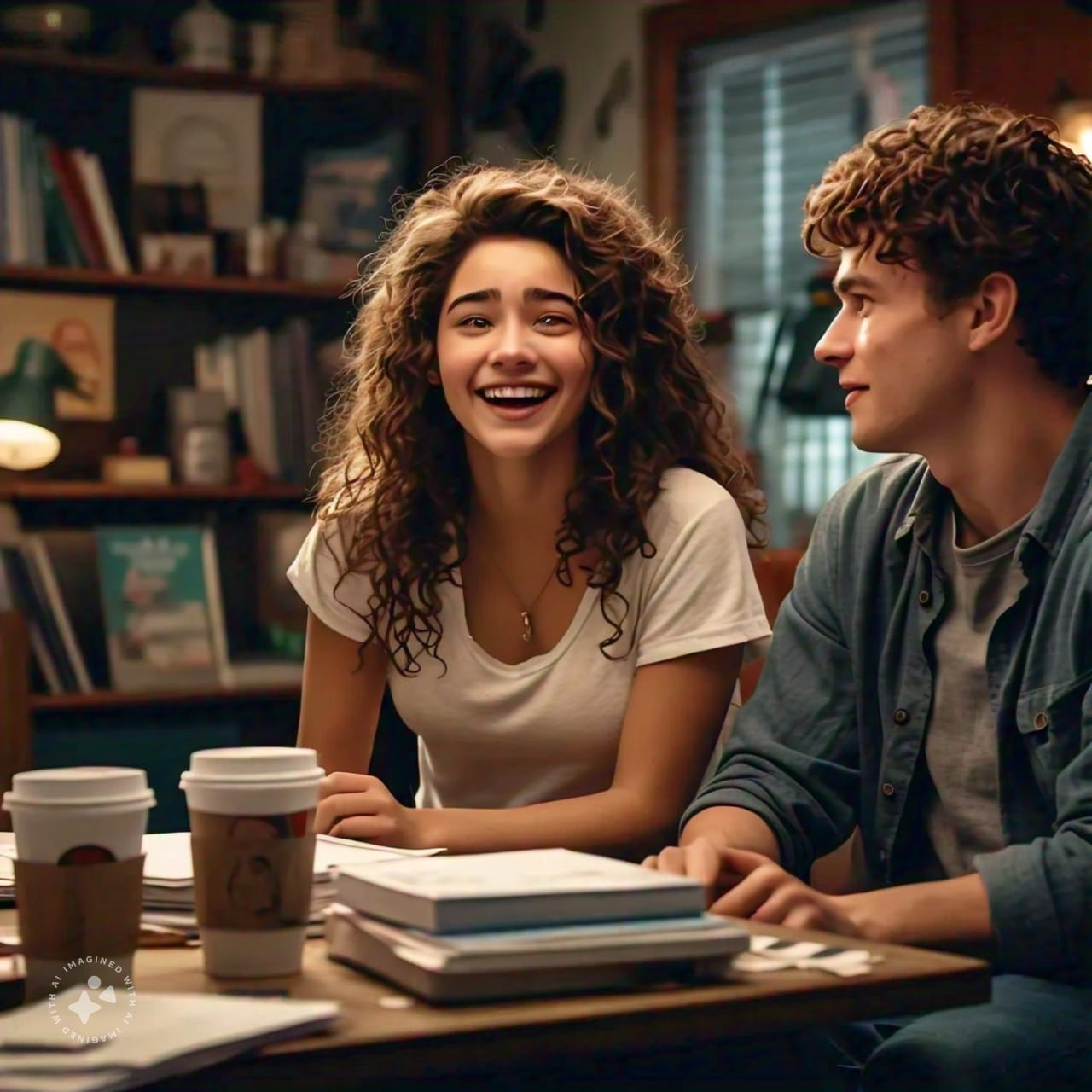
and film, but we want to hear from you! Share your favorite slang moments in the comments—let’s keep the conversation going.
What Slang Do You Love? 🗣️
Which slang from your favorite TV show or movie has stuck with you?
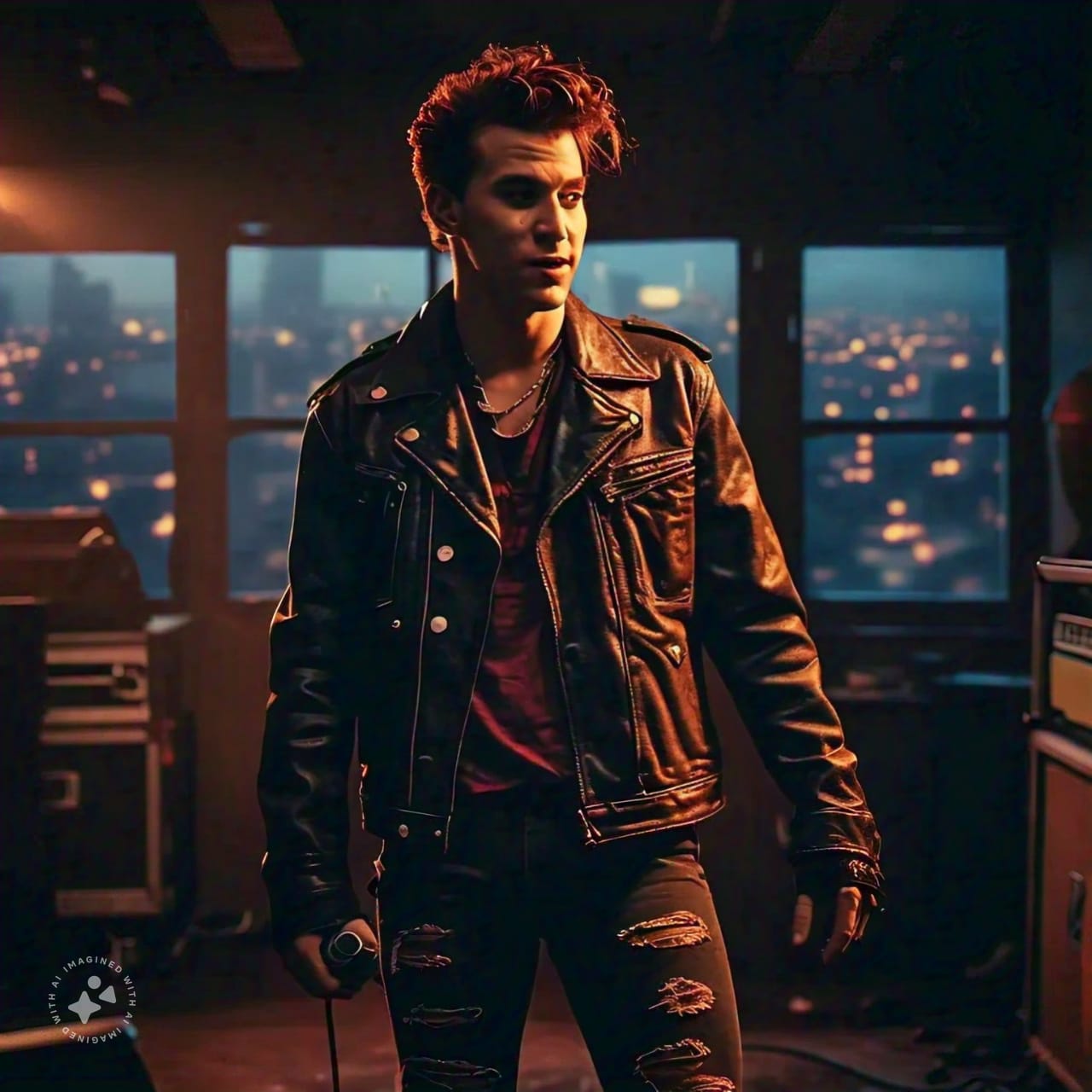
Or maybe there’s a line you love that never quite caught on?
Conclusion: Slang as the Pulse of Culture 💓
Slang in movies and TV shows isn’t just a fun linguistic tool. It’s a vibrant reflection of societal trends, cultural identities, and the emotional landscape of the characters we love. Whether it’s a quirky one-liner or a recurring catchphrase, slang shapes how we experience stories, connect with characters, and even communicate in our own lives.
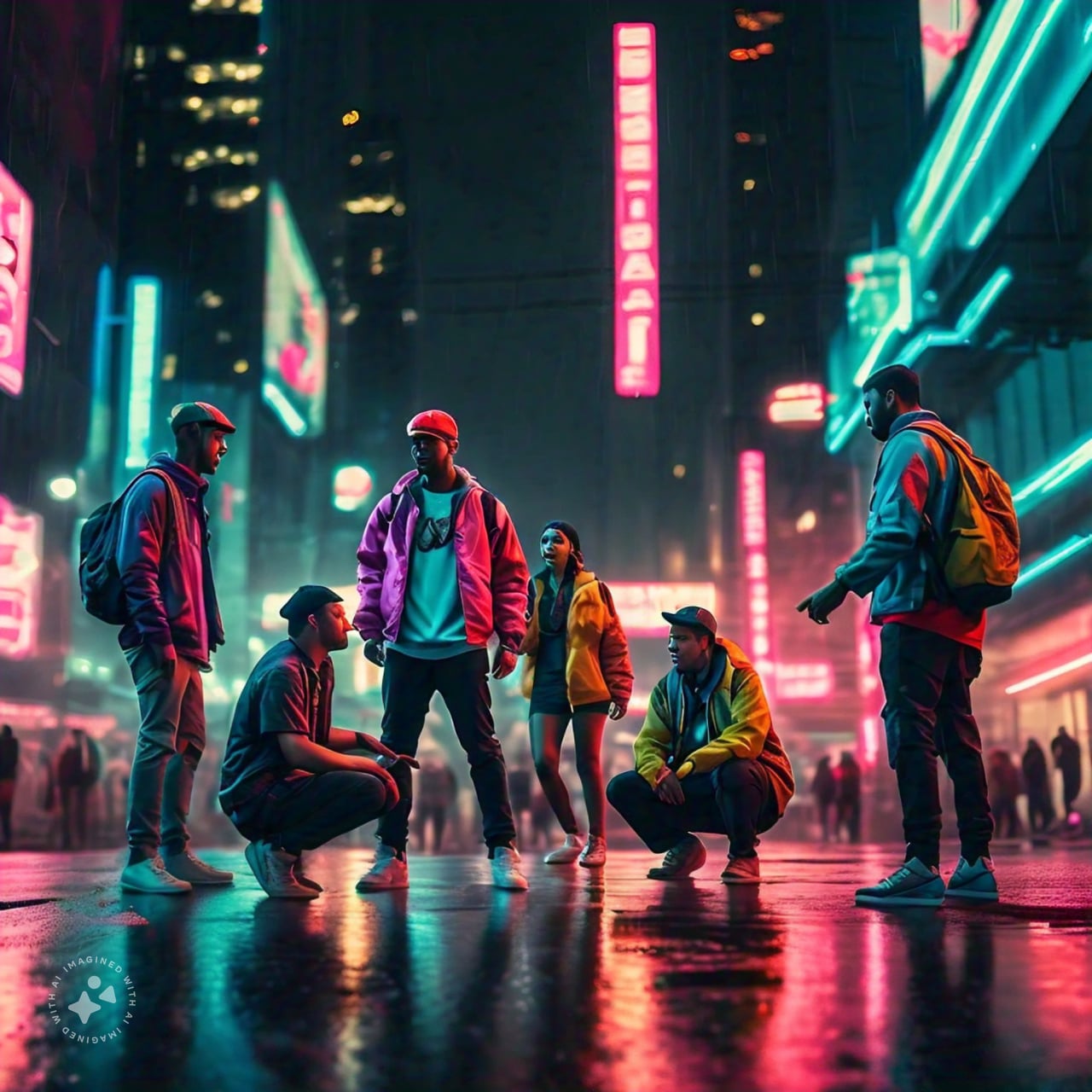
As we move further into an era of globalization, technology, and evolving social dynamics, expect slang to keep its powerful influence in shaping media. It’s more than just words—it’s the pulse of the culture that continues to evolve on-screen and off.
Final Thoughts ✨
Slang is the heartbeat of communication in movies and TV shows. It connects characters to viewers, reflecting our shared experiences while pushing the boundaries of creativity. The next time you hear a catchphrase or a quirky word in your favorite show, remember—it’s more than just dialogue. It’s art in action.

What’s your favorite slang phrase from a movie or TV show? Let us know in the comments below! 🎉

